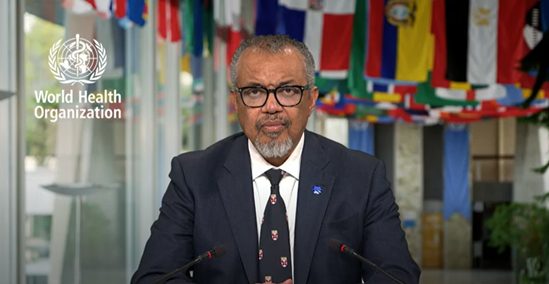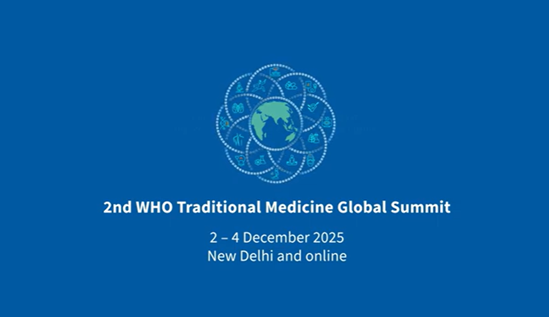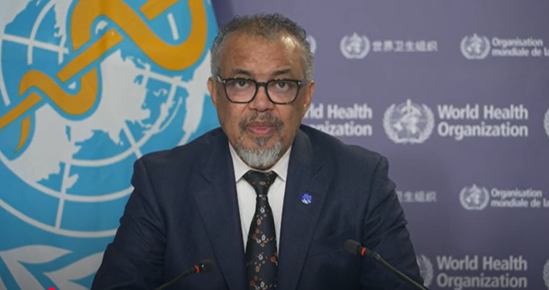Traditional, Complementary and Integrative Medicine
Traditional medicine
Traditional medicine refers to codified or non-codified systems for healthcare and well-being, comprising practices, skills, knowledge and philosophies originating in different historical and cultural contexts, which are distinct from and pre-date biomedicine, evolving with science for current use from an experience-based origin. Traditional medicine emphasizes nature-based remedies and holistic, personalized approaches to restore balance of mind, body and environment.
Complementary medicine
Complementary medicine refers to additional healthcare practices that are not part of a country’s mainstream medicine. Evidence-based complementary medicine has the potential to support mainstream medicine and more comprehensively support people’s health and well-being needs.
Integrative medicine
Integrative medicine is an interdisciplinary and evidence-based approach to health and well-being by using a combination of biomedical and traditional and/or complementary medical knowledge, skills and practices.
Herbal medicines
Herbal medicines include herbs, herbal materials, herbal preparations and finished herbal products, that contain as active ingredients parts of plants, other plant materials, or combinations thereof.
The WHO global report on traditional and complementary medicine 2019 was developed to address the gap in reliable, credible and official data from Member States in the area of T&CM.
This report reviews global progress in T&CM over the past two decades and is based on contributions from 179 WHO Member States. It provides valuable information for policy-makers, health professionals and the public for capitalizing on the potential contribution of T&CM to health and well-being.
The WHO Traditional Medicine Strategy 2025–2034 , envisions a world in which everyone has universal access to people-centred traditional, complementary, and integrative medicine (TCIM), contributing to the highest attainable standard of health and well-being. The Strategy promotes the integration of TCIM into health systems in ways that are evidence-based, culturally respectful, and aligned with sustainable development.
Over the next decade, the Strategy will focus on four strategic objectives:
- strengthening the evidence base for TCIM;
- supporting the provision of safe and effective TCIM through appropriate regulatory mechanisms;
- integrating safe and effective TCIM into health systems; and
- optimizing the cross-sector value of TCIM and empowering communities.
Implementation will be guided by nine core principles: the evidence base; , holism and health; sustainability and biodiversity; the right to health and autonomy; Indigenous Peoples’ rights, culture and health; people-centred care and community engagement; integrated health services; and health equity.
The strategy recognizes the importance of protecting traditional knowledge and promoting responsible use of natural resources. WHO will support countries with technical assistance, standards development, and coordinated implementation and monitoring.
WHO’s work on TCIM aims to improve health outcomes and support advances towards universal health coverage, with the goal of contributing evidence-based approaches to the highest attainable standard of health and well-being for all.








/integrated-health-services-(ihs)/traditional-complementary-and-integrative-medicine-(tci)/traditional-medicine-conference-china-2024-message-from-dg-thumbnail.tmb-549v.png?sfvrsn=f6b65c71_1)
